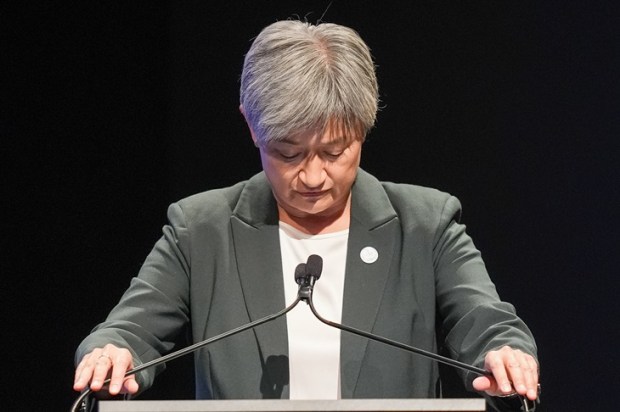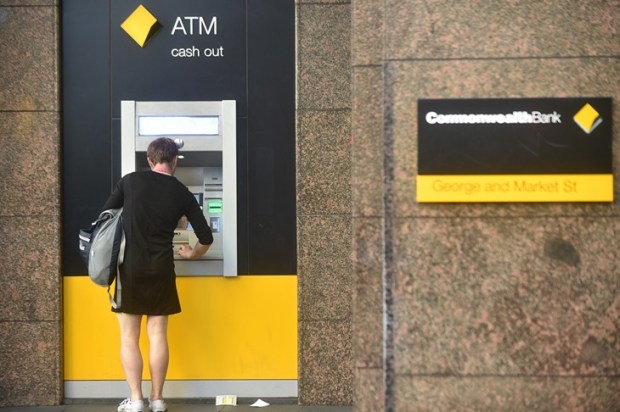Until we achieve immortality, we have to deal with death and taxes. But take comfort, at least Australia doesn’t have a death tax — or does it?
Many of us will leave a substantial superannuation balance when we go. While we’re busy being buried, the government will help itself to what’s left of our retirement savings by taxing superannuation death benefits.
By law, we can only leave our superannuation to a spouse, child, or dependent partner. Luckily, dependent beneficiaries can receive a super death benefit as a lump sum without having to pay tax. Receiving the benefit as an income stream will incur tax depending on both the age of the benefactor and beneficiary, and so the person receiving the benefit is advised to accept it as a lump sum.
Meanwhile, adult children must pay tax on a portion of the benefit. This portion is made up of the contributions that the fund member and their employer made before tax at the concessional rate of 15%. As these contributions are more common than those made after tax, this will be a substantial portion of the benefit. To receive the benefit, adult children must pay between 17 and 32 per cent on any of their parents’ super they stand to receive, depending on whether their parent was a private or public sector worker.
This is an all too familiar scenario for many families. When a widow or widower leaves their super to their adult children, the man always comes knocking.
After the states abolished death duties in the 1970s, Australians mistakenly thought we were safe from unethical and unpopular death duties.
In 2019, voters rejected the proposal to end franking credits, pointing out that investors had already paid tax on their holdings. Every time a politician recommends reinstating a death tax, Australians rise up.
By the time we die, our earnings have already survived numerous tax assaults. It’s time the government left our money alone.
In The Wealth of Nations, Adam Smith argued that taxation should follow the four principles of fairness, certainty, convenience and efficiency. The super death tax fails on every count.
Few Australians realise the government will come for their superannuation savings when they die. The recently bereaved find themselves holding a massive surprise bill to the government because their parents or partners didn’t know they needed to plan for death to avoid tax.
Widows or widowers can minimise the super death tax by remarrying, but the government is unfairly penalising those who chose not to remarry.
The government doesn’t wait for the grass to grow over the graves of our relatives before demanding money. This may be efficient, but it isn’t convenient for mourning families.
So how do we avoid the super death tax?
For starters, don’t die unexpectedly. Most of us aren’t in the business of planning our deaths, but we should prepare if we want to leave our money to those we love and not to the greedy hands of politicians.
Less than half of Australians leave a valid will when they pass away. Few know about the de facto death tax, and fewer still take the relatively simple steps needed to ensure that the results of their life’s work are passed onto loved ones.
For Aussies approaching retirement, Noel Whittaker advises a withdrawal and re-contribution strategy. The fund member withdraws the maximum yearly amount and immediately deposits it again as a contribution. By consistently withdrawing funds from both components and re-depositing them, retirees can slowly alter the ratio of their super fund and leave less of a tax obligation for any nominated beneficiary.
Aussies can also leave their super balance to their estate and include a Superannuation Testamentary Trust in its instructions. Their legal representative will then determine a dependent beneficiary of the trust, such as a grandchild who attends a private school.
The beneficiary doesn’t need to spend the full trust capital for 80 years after the original super fund owner dies. This gives children of deceased parents plenty of time, free from the super death tax, to direct the income to themselves or their children and not the government.
This second option is more complicated than a withdrawal and re-contribution strategy and requires a trusted person to execute the will, as well as professional advice.
If the Australian government is good at anything, it’s inventing sneaky taxes. After we spend a lifetime paying taxes and growing our wealth, the death tax drops in for one last laugh and taxes our earnings again. Because the death tax is so inhumane Australians sent it to sleep with the fishes. But taxes don’t die quickly, and the super death tax haunts us to this day.
Until we can once and for all lay the death tax to rest, Australians need to know their assets are never safe from the taxman so they can prepare.
This article is general information only. Readers considering an estate planning strategy should seek financial advice from a professional.
Maximilian Enthoven is a Research Associate for the Australian Taxpayers’ Alliance.
Got something to add? Join the discussion and comment below.
Get 10 issues for just $10
Subscribe to The Spectator Australia today for the next 10 magazine issues, plus full online access, for just $10.


























Comments
Don't miss out
Join the conversation with other Spectator Australia readers. Subscribe to leave a comment.
SUBSCRIBEAlready a subscriber? Log in